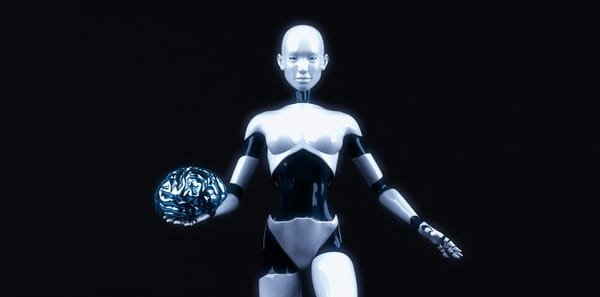The Intersection of HR and Artificial Intelligence Ethics
Incorporating Artificial Intelligence (AI) into Human Resources (HR) raises ethical questions in addition to technological ones. It's crucial to discuss the ethical ramifications of AI as it affects HR activities like hiring, performance reviews, and employee engagement more and more. This essay examines the ethical boundaries between HR and AI, emphasizing the significance of ethical AI use in HR procedures.
The Ethical Difficulties at the HR-AI Interface
· Fairness and Bias: The objectivity of AI systems is dependent on the quality of the training data. If the training data is biased, there's a chance that current prejudices in hiring and performance reviews may be reinforced.
· Transparency and Explainability: AI judgments made in HR must be clear and understandable, particularly when it comes to important choices like layoffs or promotions. Workers ought to be aware of how and why certain judgments are made by AI systems.
· Security and Privacy: Using AI in HR means managing private employee data. Maintaining confidence and adhering to laws such as GDPR requires ensuring data privacy and security.
· Employee Surveillance: Privacy and surveillance issues are brought up by the use of AI to track the behavior and performance of employees.
Best Practices for Ethical AI in HR
· Examine and Test AI Systems for Bias: To guarantee fairness in the decision-making process, routinely check AI tools for biases and implement remedial action.
· Maintain Accountability and Transparency: Be open and honest about how AI is being used in HR procedures. Workers ought to be aware of when AI is being used and how it affects them.
· Put Employee Consent and Data Privacy First: When utilizing AI systems that handle personal data, give careful consideration to employee consent and strictly abide by data protection rules.
· Provide Ethical Guidelines for AI Use: Clearly define the ethical parameters for AI application in HR, including issues such as personnel privacy, data processing, and decision-making.
· Human Oversight and Intervention: To make sure that technology enhances human judgment rather than takes its place, maintain human oversight in AI-driven HR operations.
The Role of HR in Promoting AI Ethics
· Training and Awareness: Inform HR specialists and staff members on the moral use of AI, taking into account any potential biases and emphasizing the value of data privacy.
· Cooperation with IT and Data Science Teams: To ensure ethical implementation of AI technologies and to comprehend their capabilities and limitations, carefully collaborate with IT and data science teams.
· Policy Development and Implementation: Create and carry out regulations governing the moral application of AI to HR procedures.
The intricate and multidimensional interaction of HR and AI ethics calls for proactive management and careful thought. HR departments may use AI to its full potential while adhering to ethical norms by tackling issues like prejudice, transparency, privacy, and surveillance, as well as by putting best practices for ethical AI use into practice. Building trust, fairness, and efficacy in HR procedures will depend heavily on the ethical, transparent, and responsible use of AI as it becomes more integrated into HR procedures.




